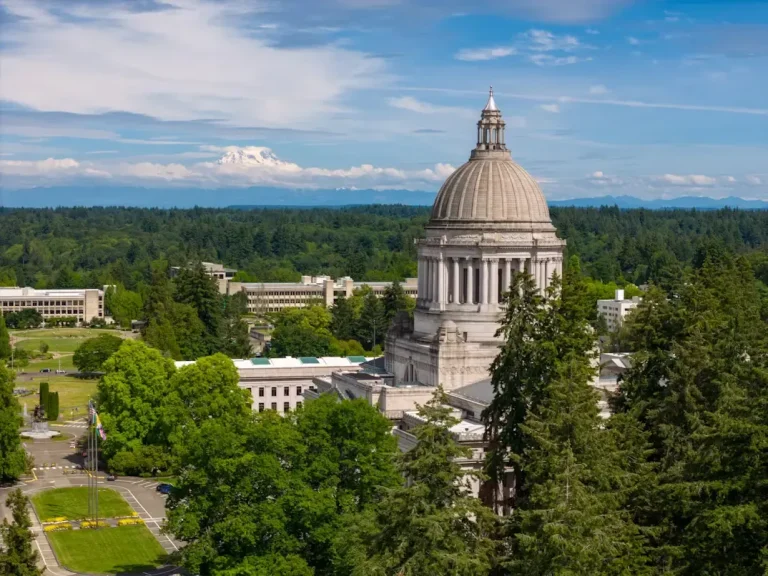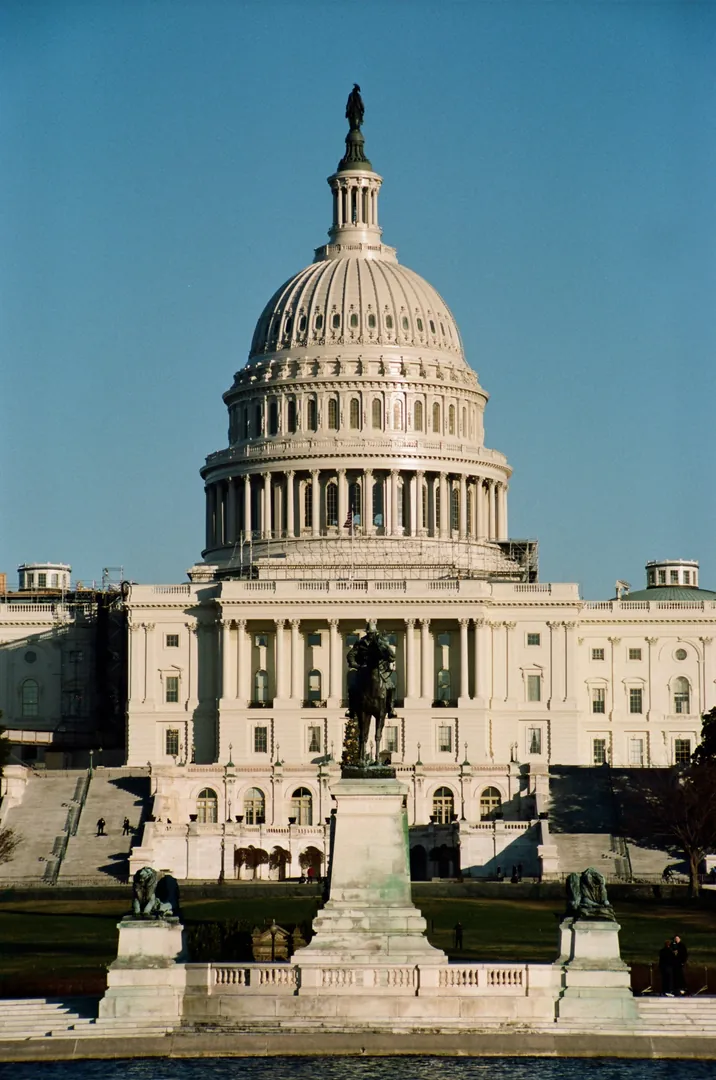[insert number]
Denver
Denver, the capital city of Colorado, is known for its vibrant culture, stunning landscapes, and a strong sense of community. As the largest city in the state, Denver is not only a hub for business and tourism but also the center of local government and civic engagement. This article provides an overview of the Denver City Council, its structure, functions, and the importance of civic participation in local governance.
Overview of the Denver City Council
The Denver City Council is the legislative body governing the City and County of Denver. Composed of 13 members, the council is responsible for enacting laws, setting budgets, and overseeing the operations of city departments. Each council member represents a specific district within the city, ensuring that the voices of Denver residents are heard in the decision-making process.
Structure of the City Council
The structure of the Denver City Council includes the following key components:
- District Representatives: Each of the 11 districts in Denver is represented by a council member who is elected by the constituents of that district.
- At-Large Representatives: In addition to district representatives, there are two at-large council members who are elected citywide, providing a broader perspective on citywide issues.
- Mayor’s Role: The Mayor of Denver is an elected official who holds significant executive powers, including the ability to propose budgets and policies. The Mayor works in conjunction with the City Council to implement initiatives and manage city services.
Functions of the City Council
The primary functions of the Denver City Council include:
- Legislation: The council drafts, reviews, and votes on ordinances and resolutions that affect the lives of Denver residents.
- Budget Approval: The council is responsible for approving the city’s annual budget, ensuring that funds are allocated effectively to various departments and services.
- Community Engagement: Council members hold regular meetings, town halls, and forums to engage with constituents, gather feedback, and discuss pressing issues.
- Oversight: The council monitors the performance of city departments and agencies, ensuring accountability and transparency in governance.
Civic Engagement and Community Initiatives
Civic engagement in Denver is vital for fostering a strong community and ensuring that local government is responsive to resident needs. Here are several ways residents can participate in civic life:
- Public Meetings: Denver City Council meetings are open to the public, allowing residents to attend, observe, and participate in discussions about city policies and initiatives.
- Testimony and Input: Citizens can provide testimony during public hearings, giving them an opportunity to express their opinions and concerns on various issues.
- Community Boards: Residents can join neighborhood or community boards, which work alongside the council to address local issues and contribute to decision-making processes.
- Online Engagement: The Denver City Council offers online platforms where residents can access meeting recordings, agendas, and participate in discussions through social media and other digital forums.
Conclusion
Denver’s City Council plays a crucial role in shaping the city’s policies and services that directly impact the lives of its residents. Understanding the structure and functions of the council is essential for effective civic participation. By engaging with local government, citizens contribute to a vibrant democracy, ensuring that their voices are represented and that Denver continues to be a thriving community.
Civic engagement not only empowers residents but also enhances the overall quality of governance in Denver. Whether attending a city council meeting, providing input on community initiatives, or participating in local boards, each action contributes to the collective strength of the Denver community.






